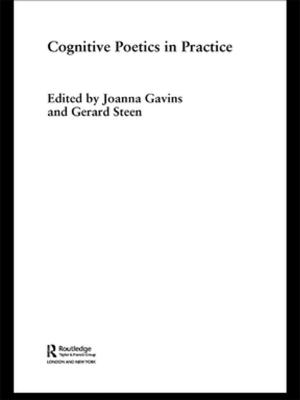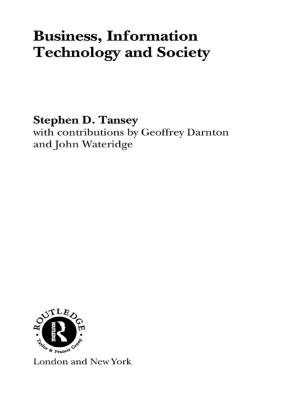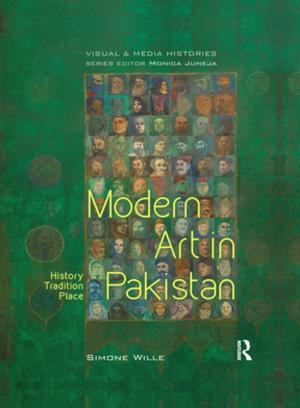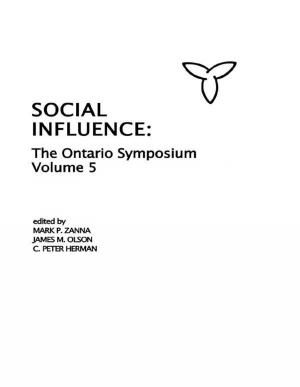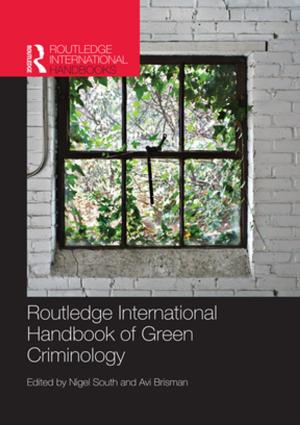Tradition, Change, Creativity
Repercussions of the New Diaspora on aspects of British Psychoanalysis
Nonfiction, Health & Well Being, Psychology, Mental Health| Author: | Riccardo Steiner | ISBN: | 9780429923142 |
| Publisher: | Taylor and Francis | Publication: | April 24, 2018 |
| Imprint: | Routledge | Language: | English |
| Author: | Riccardo Steiner |
| ISBN: | 9780429923142 |
| Publisher: | Taylor and Francis |
| Publication: | April 24, 2018 |
| Imprint: | Routledge |
| Language: | English |
A companion volume to It is a New Kind of Diaspora. Taking up where that book leaves off, it traces some of the consequences of the emigration of German and Austrian psychoanalysts to London, particularly in the context of the British Psycho-Analytical Society's "Controversial Discussions". The first part of the book, "Tradition and Change" traces some general issues related to the Discussions, in particular drawing on documentary sources from the Archives of the British Psycho-Analytical Society. The second part focuses on one crucial issue in the Discussions - the differing interpretations formulated about the psychic life of babies during the first six months of life. Throughout this section, and the rest of the book, the author constantly stresses the larger social and political contexts within which psychoanalysis exists. The last part examines the legacy of the Discussions in the work of one of the most distinguished Kleinian analysts, Hanna Segal, and in particular her work on creativity and aesthetics.
A companion volume to It is a New Kind of Diaspora. Taking up where that book leaves off, it traces some of the consequences of the emigration of German and Austrian psychoanalysts to London, particularly in the context of the British Psycho-Analytical Society's "Controversial Discussions". The first part of the book, "Tradition and Change" traces some general issues related to the Discussions, in particular drawing on documentary sources from the Archives of the British Psycho-Analytical Society. The second part focuses on one crucial issue in the Discussions - the differing interpretations formulated about the psychic life of babies during the first six months of life. Throughout this section, and the rest of the book, the author constantly stresses the larger social and political contexts within which psychoanalysis exists. The last part examines the legacy of the Discussions in the work of one of the most distinguished Kleinian analysts, Hanna Segal, and in particular her work on creativity and aesthetics.



